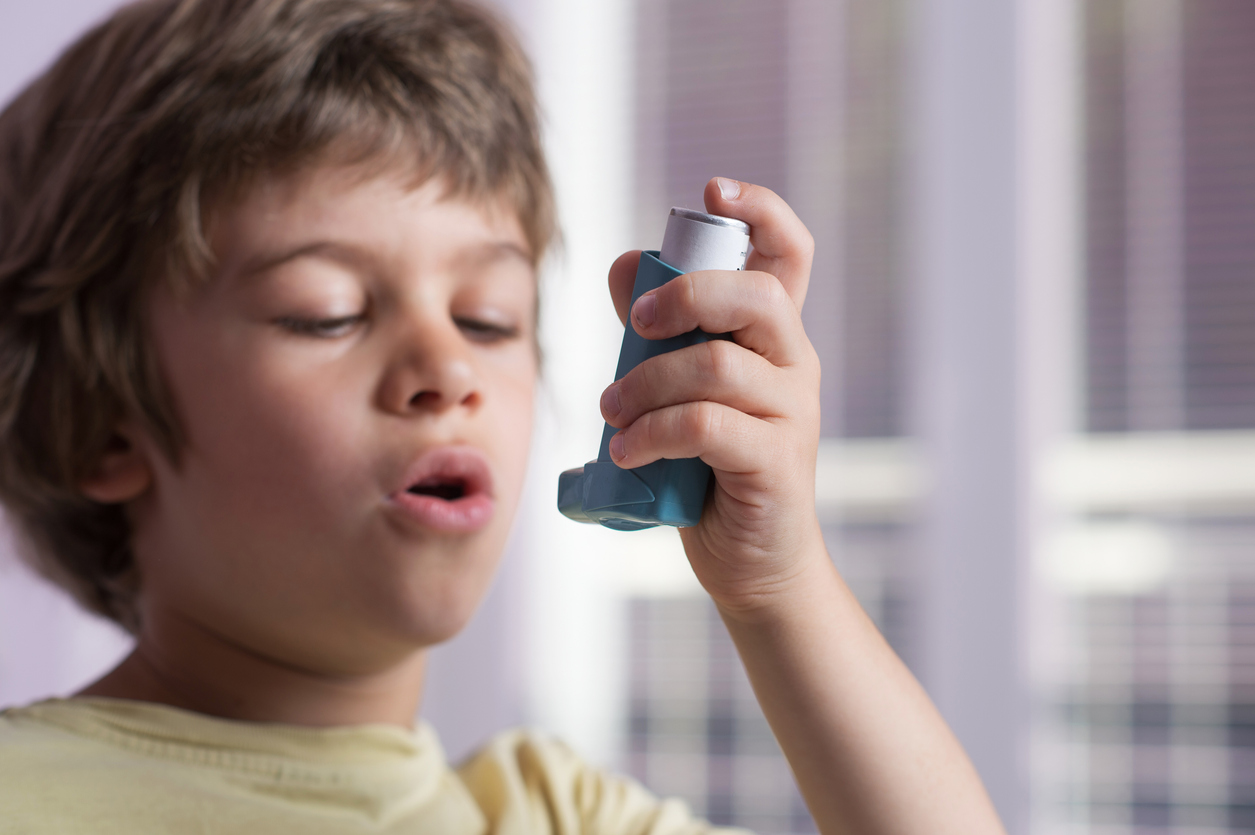Living in the city can be a great experience for children. The endless access to diverse backgrounds and people create important learning opportunities for your child. Museums, community theaters, street vendors, and more global populations give your child a better sense of the world around them. This allows them to appreciate the beauty that people can bring to this world. However, urban life does usually come with additional risks. Below we look at the effects of city life on children.
Air pollution, noise pollution, and the mental strain that accompanies the endless flood of stimuli produced by an urban setting are all challenges that you and your child will have to face if they are going to grow up happy and healthy. Fortunately, you can easily mediate these aspects of city life before they begin to negatively influence your child’s well-being.
Dealing with Urban Air Pollution
Air pollution is a serious concern in all urban areas where traffic is a normal part of life. Scientific evidence demonstrates that children who grow up in areas with higher air pollution are more likely to develop acute asthma that requires hospitalization. In addition to asthma, children who grow up in urban areas are more susceptible to developing cardiovascular disease and sleep disorders over their lifespan.
Unfortunately, there is little you can do to change the air quality outside of your home But you can give your child’s lungs a much-needed break by reducing irritants in your own living space. Dust mites, pet allergens, and unfiltered air are the main culprits in your home, so tackle them one at a time to reduce the chances that your child will develop respiratory disease.
Attacking Respiratory Irritants at Home
If you can, pick an apartment or house without carpeting. This can mitigate the effects of city life on children. Carpet tends to trap dust and pet dander even if you regularly vacuum. Any hard floor surface will make it easier to control the dust and allergens present in your home. However, if carpeting is your only option, then make sure you are vacuuming regularly and consider purchasing a steam cleaner for monthly use.
Your child’s bed is the next place you should target. Pick up a hypoallergenic mattress and pillow covers to reduce dust mite build-up. Then change their sheets once a week. If you don’t have in-unit laundry, try keeping a few inexpensive sheets for easy changing. Given the amount of sweat and skin that we shed in bed every night, it is best to do this for yourself.
As a final step to improving the air quality in your home, look into purchasing an air purifier. And make sure you regularly clean all air events to prevent dust build-up. Your child’s medical provider will be able to help you identify machines that work in order to ensure that it is money well-spent.
Dealing with Childhood Asthma
Unfortunately, you can only control so much of the effects of city life on children. Some children may still develop asthma. If you ever notice that your child appears to have a chronic cough or has difficulty breathing, then it is time to enlist the help of a specialist. Dr. Mayank Shukla is New York City’s premier pediatric pulmonologist in NYC. He specializes in treating childhood asthma. With his help, you can positively identify whether your child has asthma, what their likely triggers are, and start the best asthma treatment in New York that will allow your child to breathe more easily. As long as you find a way to keep their asthma under control at an early age, your child will be able to enjoy many if not all the same activities as their peers and live a normal, healthy life.

